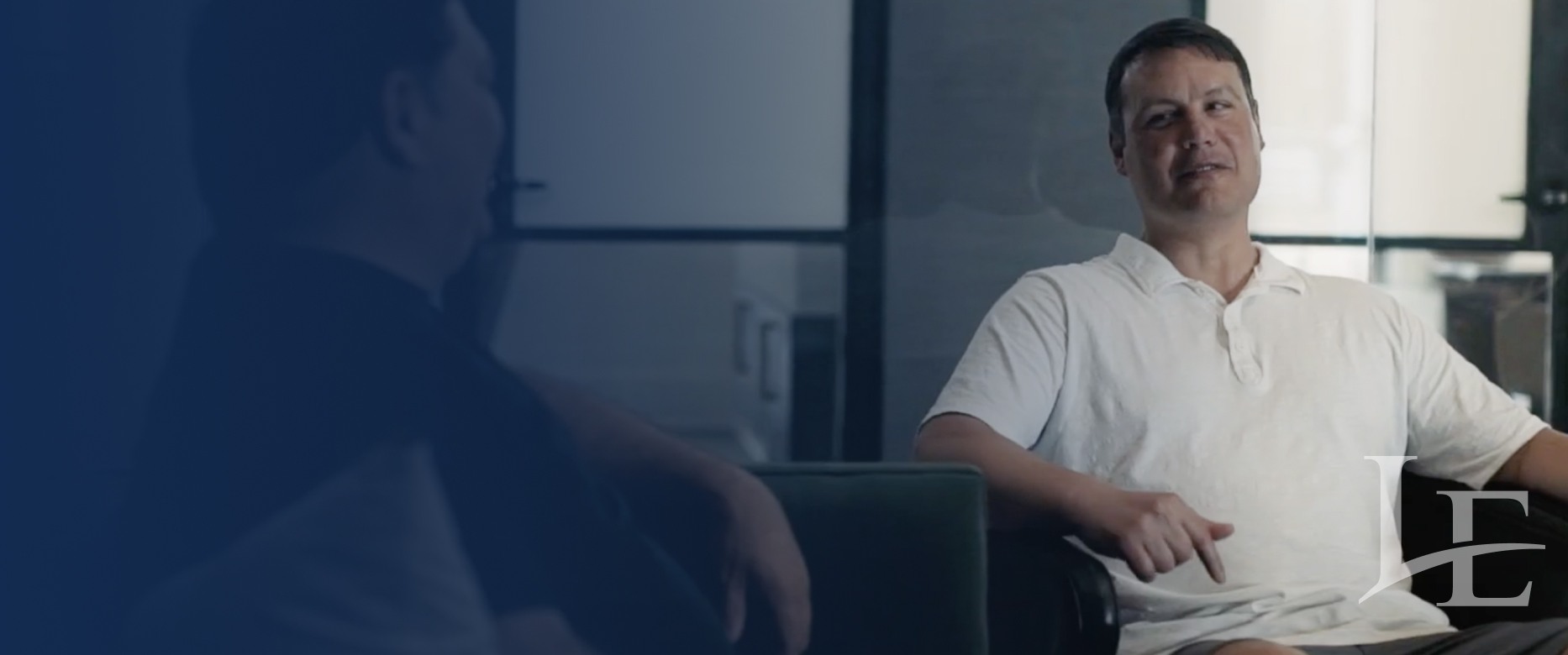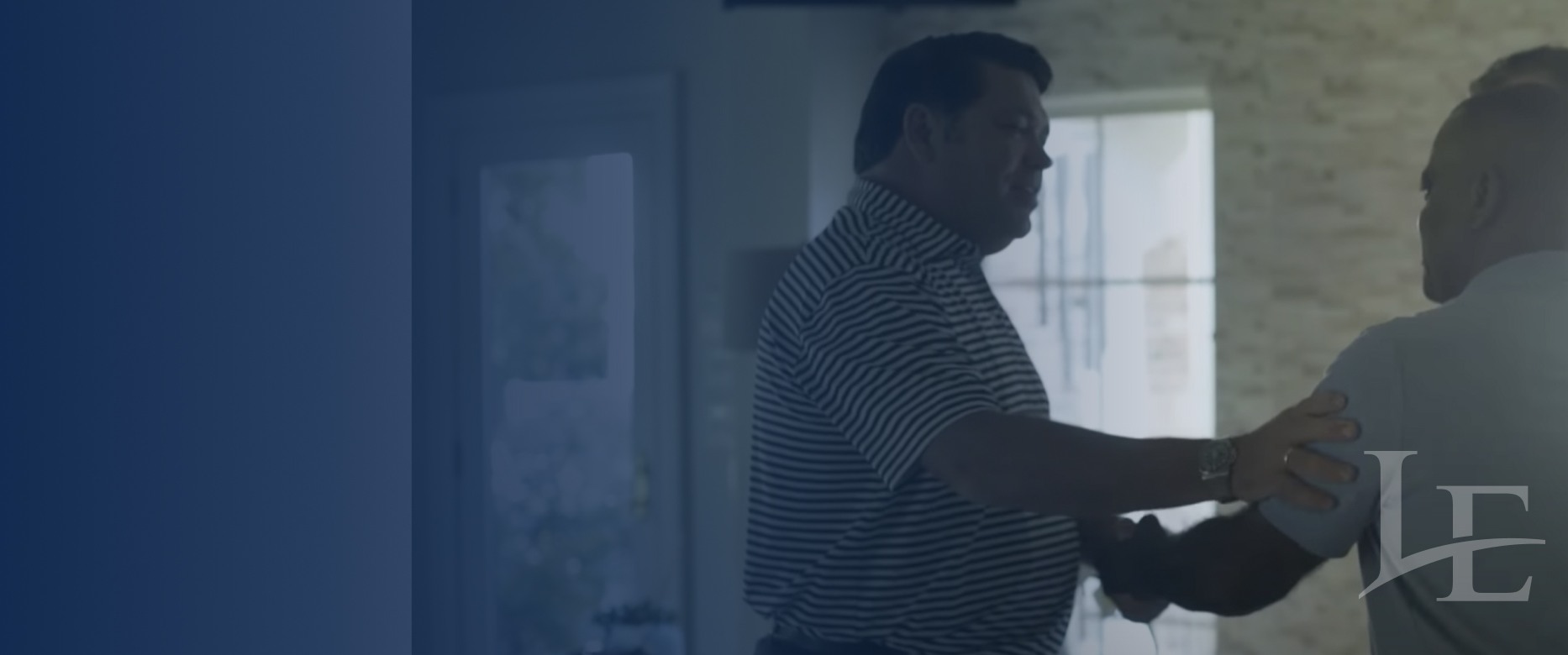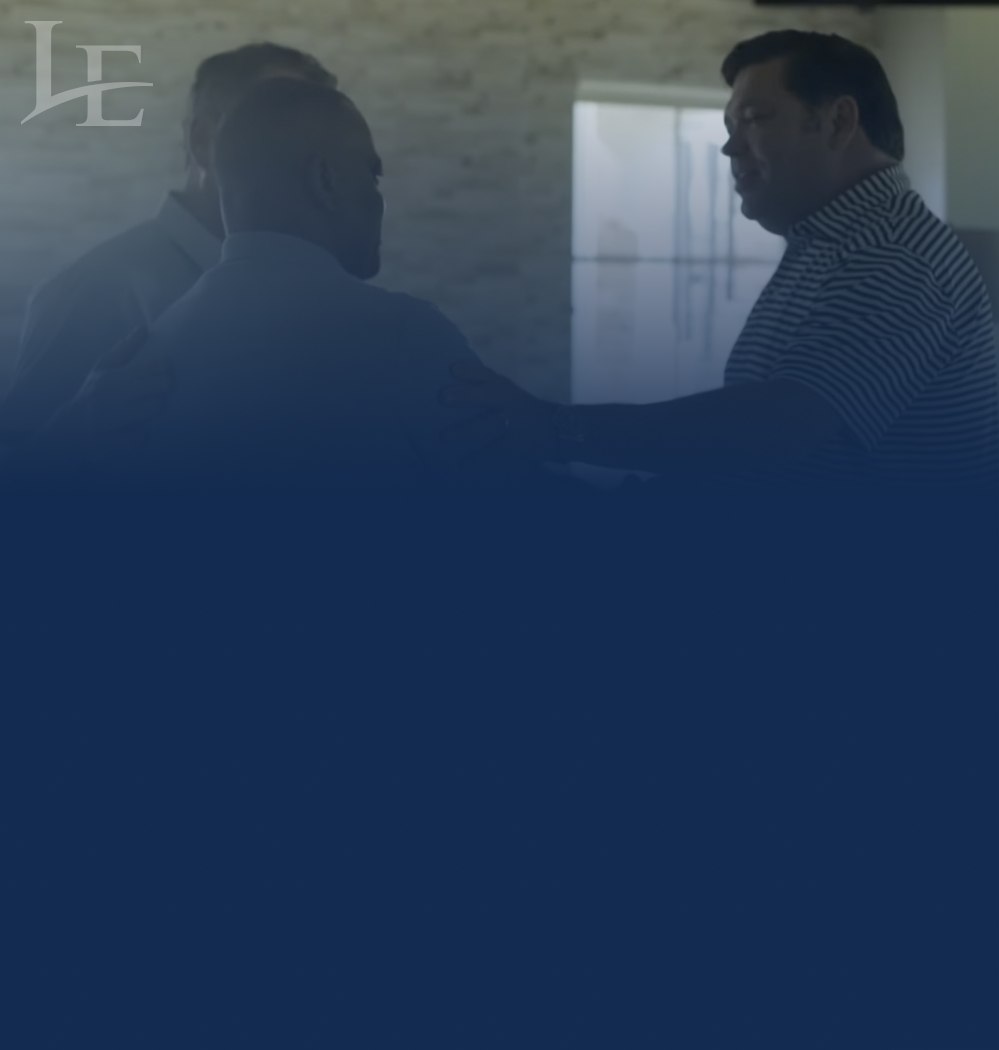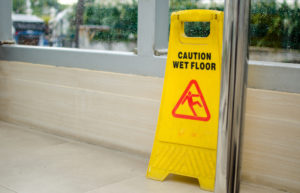
A lawyer can explain how to sue for a brain injury after an accident. Typically, you begin by filing an insurance claim or a personal injury lawsuit against a liable party. Brain injuries can result from car accidents, workplace incidents, or other negligence-related events, often leading to long-term medical care and significant financial strain.
Proving liability requires gathering evidence, such as medical records and witness statements, to demonstrate how the accident caused the injury. Working with a Lafayette brain injury lawyer can help you file your claim and ensure you meet legal deadlines.
An attorney can guide you through the legal process of recovering compensation for medical expenses, lost wages, and other damages related to the injury.
Brain Injuries Can Result from Various Negligence-Based Accidents
Brain injuries can happen in a wide range of accidents, many of which result from another party’s negligence. These injuries often have a life-altering impact, requiring extensive medical care and rehabilitation. A Lafayette catastrophic injury lawyer can investigate your accident to determine who caused or contributed to it.
Some of the most common types of accidents that can lead to brain injuries include:
- Motor vehicle accidents: Serious brain injuries often occur in car, truck, or motorcycle accidents caused by distracted driving, speeding, or impaired drivers.
- Slip and fall accidents: Dangerous conditions, such as wet floors, uneven surfaces, or lack of proper signage, can lead to falls that cause traumatic brain injuries.
- Workplace accidents: Jobs involving construction, heavy machinery, or hazardous environments can result in head injuries due to falls, falling objects, or equipment failures.
- Sports-related accidents: Negligent supervision or lack of proper safety equipment in sports can lead to severe brain injuries, especially in high-contact activities.
- Medical malpractice: Errors such as improper anesthesia, surgical mistakes, or delayed treatment can cause brain damage due to oxygen deprivation or other complications.
- Defective products: Faulty consumer products, such as helmets or airbags, may fail to protect individuals during accidents, leading to serious head trauma.
- Acts of violence: Assaults or other intentional acts of harm can also result in catastrophic brain injuries.
No matter the circumstances, brain injuries caused by negligence can leave victims and their families struggling with physical, emotional, and financial challenges. A Lafayette personal injury lawyer can provide guidance and support, helping you hold the responsible parties accountable and seek the compensation you deserve.


Laborde Earles injury was great for me they took care of me very fast and professional. If for any reason I need legal help they will be who I use.
ClientLegal Options for Brain Injury Victims
If you or a loved one has suffered a brain injury, such as a traumatic brain injury, due to someone else’s negligence, there are two primary legal avenues for pursuing compensation:
- Filing an insurance claim: In many cases, the first step is to file a claim with the at-fault party’s insurance company. This could include auto insurance, homeowners’ insurance, or a business liability policy, depending on the circumstances of the accident. While insurance adjusters may offer a settlement, these initial offers are often far lower than what victims deserve.
- Filing a personal injury lawsuit: When insurance negotiations fail to provide adequate compensation, or if the responsible party is uninsured, filing a personal injury lawsuit may be necessary. A lawsuit allows victims to seek damages for medical expenses, lost wages, pain and suffering, and other losses directly from the negligent party.
Other Options
Other potential legal options include:
- Product liability claims: If a defective product, such as a faulty helmet or defective vehicle component, caused your brain injury, you may file a product liability claim against the manufacturer.
- Workers’ compensation claims: If the brain injury occurred in the workplace, victims may pursue workers’ compensation benefits or, in some cases, a third-party liability claim against a negligent party other than their employer.
An experienced Lafayette personal injury lawyer can help determine which legal options best apply to your case, evaluate your damages, and guide you through the process of pursuing the compensation you need.


I thank God for Digger & David. I don’t know what we would have done if it hadn’t have been for them.
Rick Smith | ClientA Lawyer Can Help You Sue for a Brain Injury After an Accident
Navigating the legal process after a brain injury can be overwhelming, especially when dealing with medical treatments and recovery. A Lafayette personal injury lawyer can provide the guidance and support needed to build a strong case and fight for fair compensation.
Here’s how a lawyer can help:
- Investigating the accident: A lawyer will gather evidence to establish liability, such as accident reports, witness statements, surveillance footage, and expert testimony. They will also work to prove how the brain injury directly resulted from the accident.
- Calculating damages: Brain injuries often lead to significant financial and emotional losses. A lawyer will calculate both economic damages (medical bills, lost wages, rehabilitation costs) and non-economic damages (pain and suffering, loss of enjoyment of life) to ensure you seek full compensation.
- Negotiating with insurance companies: Insurance companies often attempt to minimize payouts or deny claims altogether. A lawyer will handle all communication and negotiate aggressively to secure a fair settlement.
- Representation in court: If a settlement cannot be reached, a lawyer will represent you in court, presenting evidence and advocating on your behalf to a judge or jury.
A lawyer has the resources and experience necessary to address the unique complexities of your claim.


The reassurance from Digger and his staff gave me that renewed hope that it’s going to be okay down the road.
ClientHow Long You Have to Sue for a Brain Injury After an Accident
The statute of limitations is the legal deadline for filing a personal injury lawsuit, and it varies by state. In Louisiana, HB 315, Act 423 extends the time limit for filing personal injury claims to two years, with the exception of product liability claims, which are still subject to the one-year deadline.
However, this only applies to cases filed on or after July 1, 2024. If your brain injury occurred before this time, the previous one-year deadline may still apply. You must file their lawsuit within this timeframe or risk losing their right to seek compensation.


They treated us like no other people would. Whenever we needed something they were there for us. I put my trust in them and I don’t regret it.
ClientWe Can Explain How to Sue for a Brain Injury After an Accident
Whether you are dealing with medical bills, lost income, or emotional trauma, knowing how to sue for a brain injury after an accident can make all the difference in holding the responsible party accountable and obtaining justice. At Laborde Earles, we can explain your legal options and help build your case.
Our experienced Lafayette personal injury lawyer can help you file a claim and prove negligence. This will allow you to focus on your recovery while pursuing the compensation you deserve. Call us for a free consultation.





